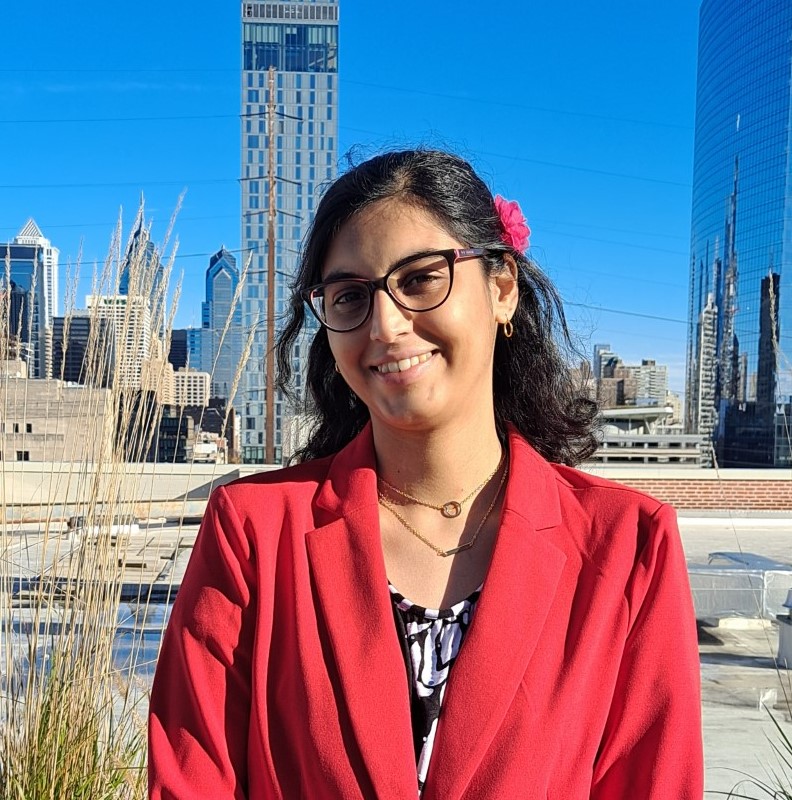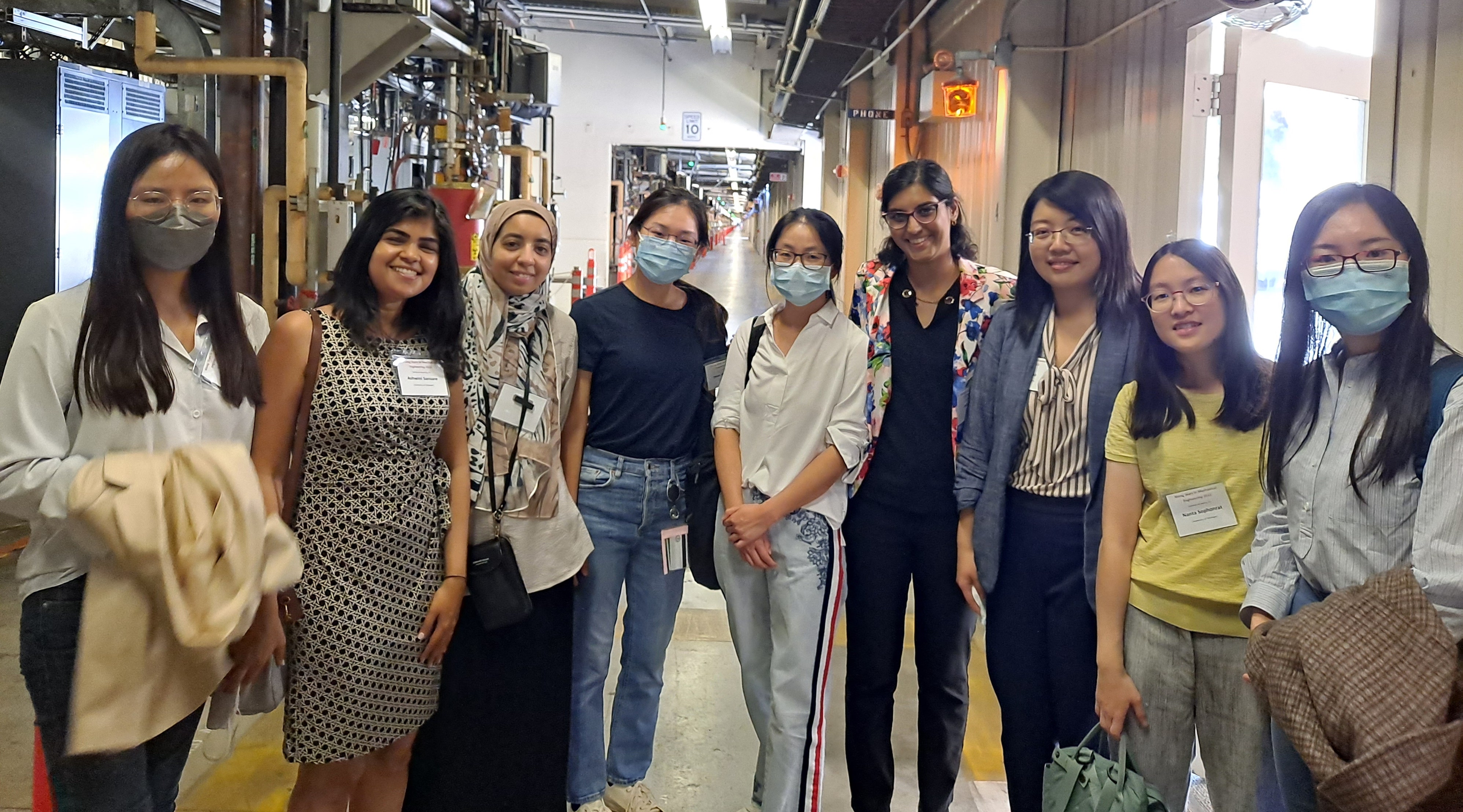 Sarah Malik
Sarah Malik
For Sarah Malik, PhD mechanical engineering ’24, engineering research
impact and student success have always gone hand in hand. Since beginning her academic career at Drexel in 2015 as an
undergraduate, Malik has been committed to her own personal growth as
well as the success of her peers. In 2018, she introduced the Vertically Integrated Projects Program into her research lab, mentoring students across STEM disciplines. Her
participation in mentoring initiatives and interest in building supportive and
empowering learning environments have been at the center of her academic
career at Drexel.
This October, Malik was selected as the first Drexel student to attend the
Rising Stars in Mechanical Engineering Workshop at Stanford University, a
career development program for the top female PhD candidates in mechanical
engineering across the United States. Rising Stars in ME is hosted annually
and brings together approximately 30 PhD students for networking sessions,
lab tours, and panelist events. The workshop provides practical guidance in
navigating academia, covering topics from landing a faculty position to
developing a research story. Malik’s trip was funded by the Mechanical
Engineering and Mechanics department, Stanford University, ASME Donald O. Thompson Graduate Fellowship and the National
Science Foundation.
For Malik, exposure to these resources and the exploration of
state-of-the-art research facilities, including the SLAC National
Accelerator Laboratory, reinforced her commitment to the graduate student
community back at Drexel. She was particularly encouraged by the
collaboration she witnessed between students and professors, noting the
importance of these partnerships in inventive research output.
 Malik joins her peers on a tour of the SLAC lab.
Malik joins her peers on a tour of the SLAC lab.
Among the many leaders that she spoke to at the workshop, Malik was
particularly inspired by Stanford University Provost Dr. Persis Drell,
whose lunch discussion covered issues of inclusivity in science and
engineering fields.
“It was motivating to learn about her efforts toward the inclusion of women
and setting a precedence in leadership,” Malik noted.
“Through my experience with mentoring students, I plan to demystify science
and allow students to feel confident and safe when stepping into any lab or
academic space. I hope to foster a community where underrepresented
students feel optimistic and motivated to engage in every aspect of
academia,” Malik elaborated.
For Malik, visiting Stanford was enriching not only in its networking
opportunities with doctoral students from top universities and sessions
with high-profile panelists, but also in the insight it provided into ways
forward for Drexel University and our own engineering education resources.
The workshop informed Malik’s ongoing advocacy for the expansion of
graduate student resources designed to strengthen the foundational
skills that build adept researchers. As a Nina Henderson Provost Scholar, she is engaged in shaping the future of Drexel in accordance with the
Drexel 2030 Strategic Plan, focusing on the graduate school experience. She
hopes to ensure access to networks that support academic flourishing,
inspired by the people and resources that have been integral to her
doctoral journey. As a mentor, leader, and engineer, Malik envisions a
future for Drexel’s engineering programs strengthened by collaboration and
an empowered student community.